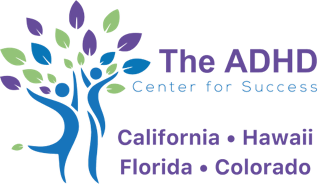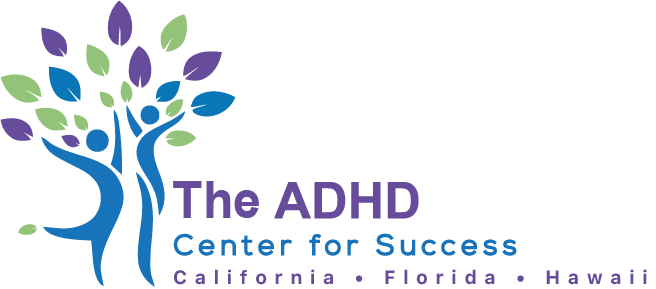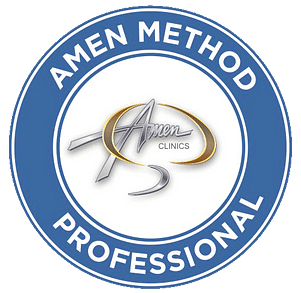ATTENTION DEFICIT HYPERACTIVITY DISORDER
Many people, children and adults, are referred by schools, employers, doctors, and family members, wondering if they have an attention deficit disorder. Now called Attention Deficit Hyperactivity Disorder (ADHD), this syndrome occurs in approximately 6% of U.S. school children according to the CDC. It has been called ADD in the past, and even ‘minimal brain dysfunction’, and it has been described in the medical literature for hundreds of years.
ADHD is primarily a disorder of self-control. It is a genetically linked, inhibitory disorder. The major signs of ADHD are impulsivity, hyperactivity, and inattention. People with ADHD may have difficulty focusing on the present, anticipating the future, and remembering experiences of the past. They may have an extremely distorted sense of time, they may have difficulty delaying gratification, they may have difficulty holding events in mind, and they may have limited self-awareness. People with the inattentive part of ADHD are typically distractible and do not seem to listen when spoken to. They may have problems organizing and completing tasks, especially those requiring mental effort. The overactive/impulsive part is characterized by such things as fidgeting and talking out of turn. But sometimes people who have the hyperactivity part do not disturb others; their hyperactivity/impulsivity affects them internally.
ADHD begins in childhood, however more adults are being diagnosed, yet we do see in their history that it was present in their childhood. About two-thirds of children with ADHD carry it into adulthood, though as they get older many people are not so overactive but may feel restless inside. Often ADHD first becomes apparent when someone is required to concentrate more than before. This may arise as early as kindergarten, when children are first asked to conform to social rules, in early grades when they are asked to concentrate on desk work or homework, or perhaps later in life when demands of school or work lead to great frustration and sometimes poor advancement. Smart kids are often diagnosed later, as they are better able to compensate when the work is not too difficult. Often when they reach middle school, or even high school, and they take classes that challenge them, they may find themselves in unfamiliar territory, getting poor grades for the first time, despite great effort. We are seeing more adults, often those who completed graduate school, being diagnosed following struggles in their career not new to them, but for a number of reasons, choose to understand it now.





